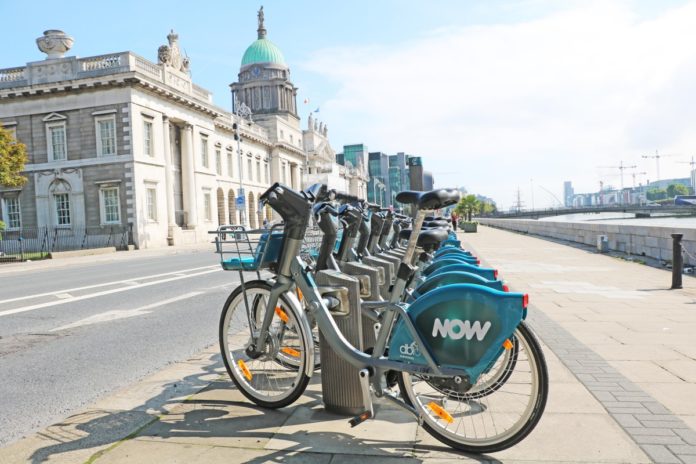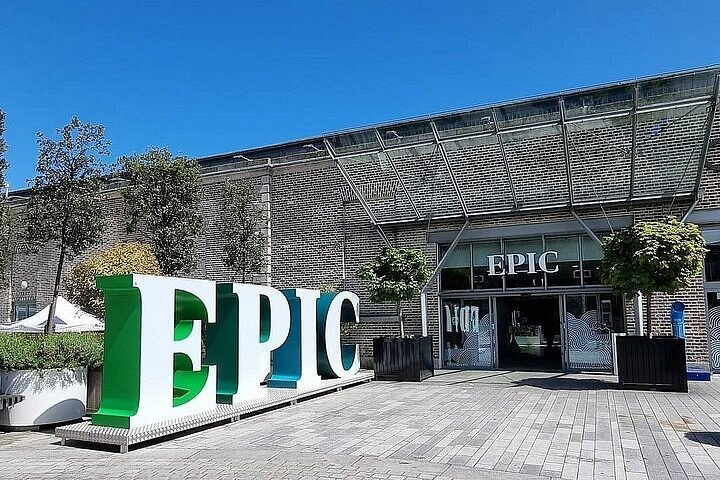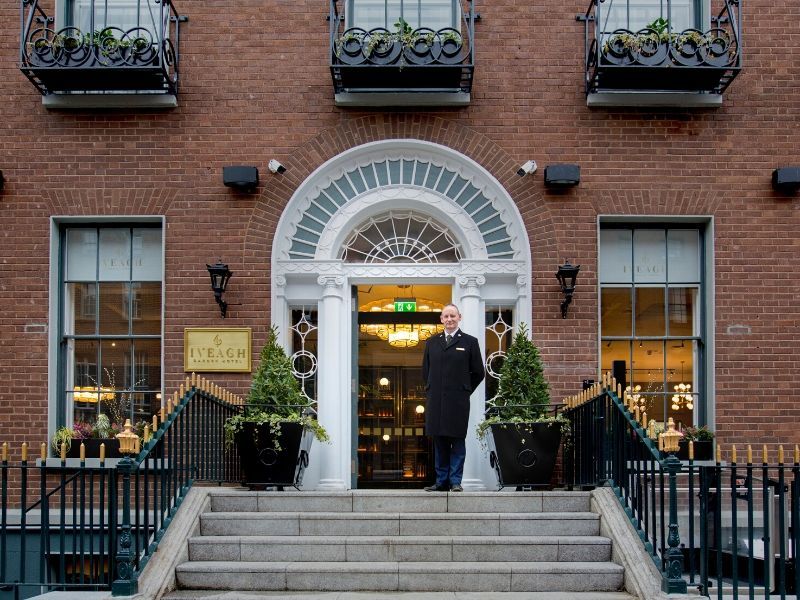
Dublin has won the European Commission’s Smart Tourism Capital Award designation for 2024. The accolade recognises outstanding achievements by European cities as tourism destinations in four categories: sustainability, accessibility, digitalisation as well as cultural heritage and creativity.
The judging panel recognised that Dublin has embedded best Smart Tourism practices from across Europe through its collaborations with other cities and the publication of its first five-year tourism strategy with a strong focus on innovation.

The panel were particularly impressed by experiences such as EPIC the Irish Emigration Museum, and 14 Henrietta St, as well as recent digital innovations such as the Dublin Discovery Trails App, where visitors can uncover compelling stories of Dublin’s culture, heritage and history via themed GPS enabled immersive walking trails.
The panel also said: “This city immersed in a rich tapestry of history, is a city full of culture and creativity. Now hailed for its commitment to sustainability and a strategic smart tourism vision and outstanding achievements, it has impressed the jury. Over the past year, this city has actively engaged people in decision-making, creating a destination that resonates with its people and embraces innovation at the same time. The city’s networking efforts with previous winners reflect a dedication to collaboration, leadership and innovation, and a beating European heart.”

The city is also home to Europe’s first sustainable hotel – The Iveagh Garden Hotel. The hotel opened in 2018 with the intention of having the lowest carbon footprint possible in comparison to any other hotel in Europe. From using power from an underground river to generate the heating and cooling systems in the building, to the LED low power lighting that is fitted in all rooms, the hotel is a trailblazer for sustainable energy use.
Dublin beat out 30 competitors across 17 countries – Cork also made the shortlist. The success aligns with the country’s wider ambitions – Ireland has committed to cutting greenhouse gas emissions in half by 2030 and to achieving net-zero emissions by 2050.




